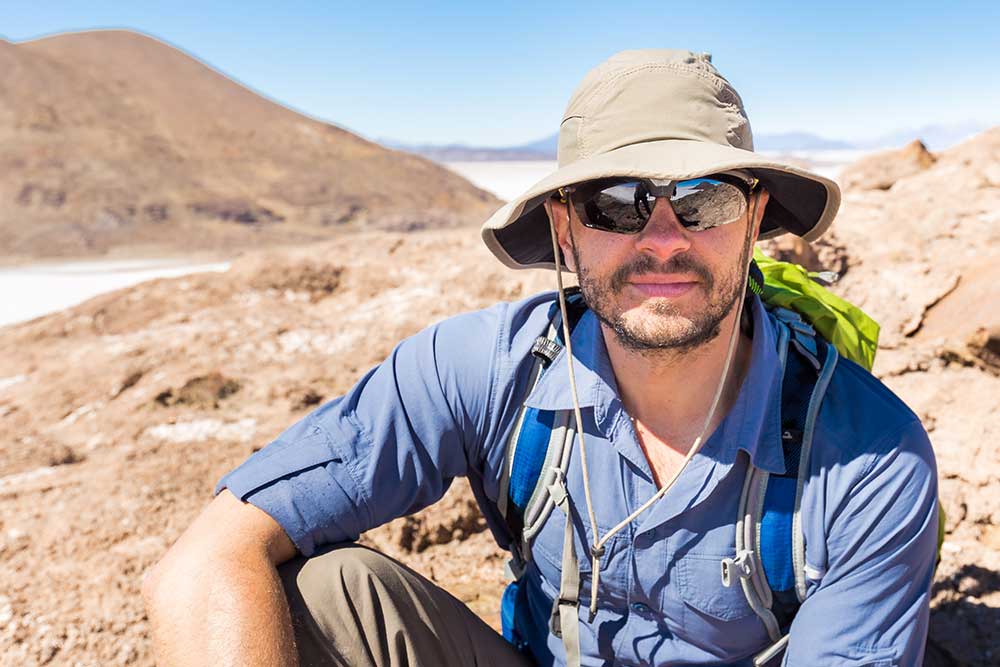All Categories
Featured
Table of Contents
What Is A Geophysicist? in Beldon Western Australia 2021
This work is increasingly contracted out, so consultancies offer another source of employment. Consultancy firms differ in size, from really little companies to big multinationals. Some consultancies are quite specialised in using specific geophysical techniques or working in particular places, while others provide a more diverse range of services to their customers.
The extraction of gas from land fill websites is another area of work and this might grow in the future. Expedition business may undertake work for building and construction companies, public utility, mining companies and environmental firms, so geophysicists may be utilized in any of these settings. Other employers include: geological surveysgovernment bodies and agenciesuniversities and research study institutes.


Jobs might be noted in the oil and gas sector press. Recruitment is affected by oil rate fluctuations and the level of competitors for positions varies depending upon this. Careers Days, which cover the complete variety of geoscience professions and are normally gone to by a variety of crucial market companies, are run by The Geological Society.
Marine Geophysicist in Alexander Heights Aus 2021
Some of the big oil and gas business offer a complete two-year structured training programme across the breadth of geophysics, consisting of the opportunity to experience operate in different groups before specialising in one area. Your training may consist of work on: existing wellsmagnetic and gravitational prospective field information analysisresearchrock analysis. It's more normal for your preliminary training to be provided on the task.

There might be a probationary period during which you work alongside an experienced associate. Competency-based appraisals happen regularly in the majority of companies. In smaller sized companies, and for academic posts, there is unlikely to be any official training - you'll be anticipated to begin work straightaway and get abilities as you go along.
If you work for a smaller sized business, you might find that you need to take obligation for organizing and funding your own development and training. If you have a geology degree, membership of The Geological Society can be beneficial for networking and for keeping up to date with the industry.
Geophysical Exploration in White Gum Valley Oz 2020
You may likewise find it beneficial to sign up with the PESGB (The Petroleum Expedition Society of Great Britain, which has a geophysics special interest group. After a probationary period, and once you have actually gotten some experience, you could advance to senior geophysicist, then team leader and then into a senior role in management.
The ease of motion in between roles depends upon the company structure. Research study at Masters or Ph, D level in a subject associated to geophysics or geosciences might aid with your career development and development. The work market within the oil and gas industry is very reliant on cost and this may impact your chances for career progression.
Not all jobs are reliant on the oil and gas markets. For skilled geophysicists, freelance consultancy uses an excellent route for career development. You can likewise specialise in a specific area of geophysics. As a geophysicist, you're most likely to have several jobs throughout your working life. Worldwide movement is essential for handling peaks and troughs in different countries at various times.
Geophysicist Jobs in Wattleup Western Australia 2021
From geophysics, it's possible to concentrate on seismology (completing more training to end up being a seismic interpreter) or to move into associated locations such as engineering geology or threat forecast.
Choosing what to study in college is a hard choice. Even if you know that your field of interest lies in science, what program of research study is best for you? If you make the decision to major in physical and life sciences and pursue a career as a geophysicist, you're preparing for an exciting and rewarding occupation.
But the primary step to achieving your objective of becoming a geophysicist is earning a degree. Even for entry-level positions in the field of geoscience, you'll need a bachelor's degree (a geophysicist college degree) from a recognized college or university. Some research positions require prospects to hold master's degrees and even Ph.
Course: Basics In Geophysical Surveying in Port Kennedy Australia 2021
Postgraduate degree are specifically important if you plan to teach at a four-year organization. Geophysicists use physics concepts and methods to study the gravitational, magnetic, and electrical fields of the earth. This advances researchers' knowledge of both the planet's interior core and its surface area. Geophysicists need to have the ability to: examine rocks, photographs, and other pieces of information carry out research study both in the field and in laboratories develop maps and charts of their findings write reports To accomplish all this, students need a specialized education for geophysicist professions.
As mentioned above, you'll require a bachelor's degree in geoscience or a related discipline, such as a physical science or a natural science, to land an entry-level job. But trainees can likewise prepare by learning subjects like: Biology Chemistry Computer technology Engineering Mathematics Physics The above geophysicist majors offer a more generalized approach to a single scientific discipline, but many programs need students to take one or more geology course.
Table of Contents
Latest Posts
How To Become A Geophysicist in Mount Claremont Oz 2023
Geophysical Survey Next Step In Carbon Storage Study in Brookdale Western Australia 2023
Geophysical Investigations in Calista Western Australia 2022
More
Latest Posts
How To Become A Geophysicist in Mount Claremont Oz 2023
Geophysical Survey Next Step In Carbon Storage Study in Brookdale Western Australia 2023
Geophysical Investigations in Calista Western Australia 2022